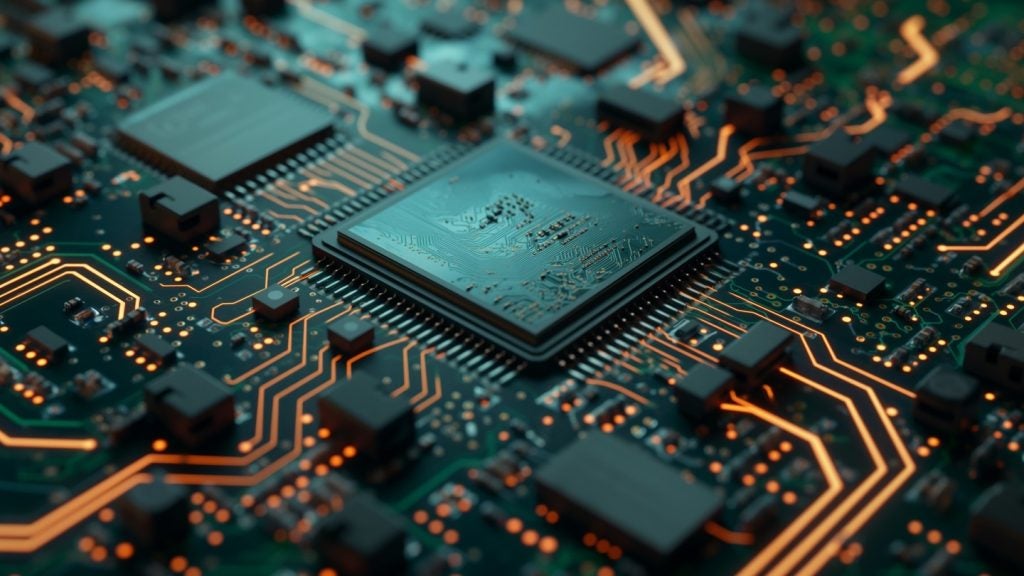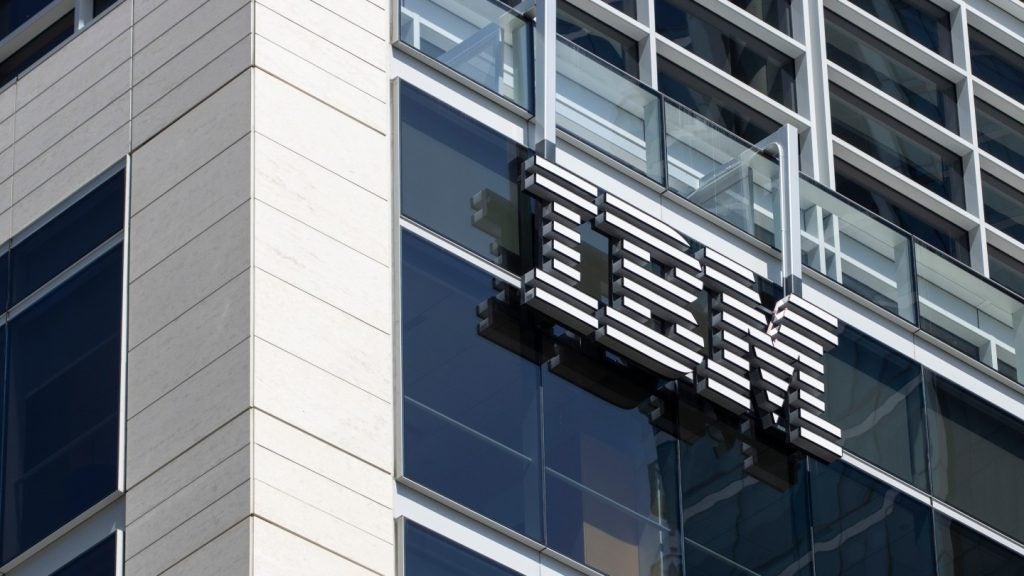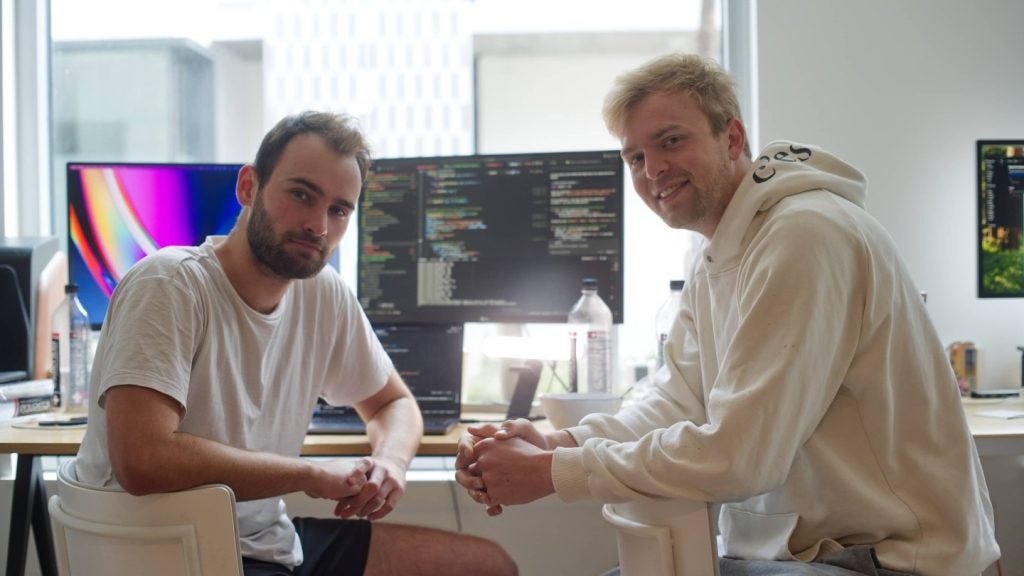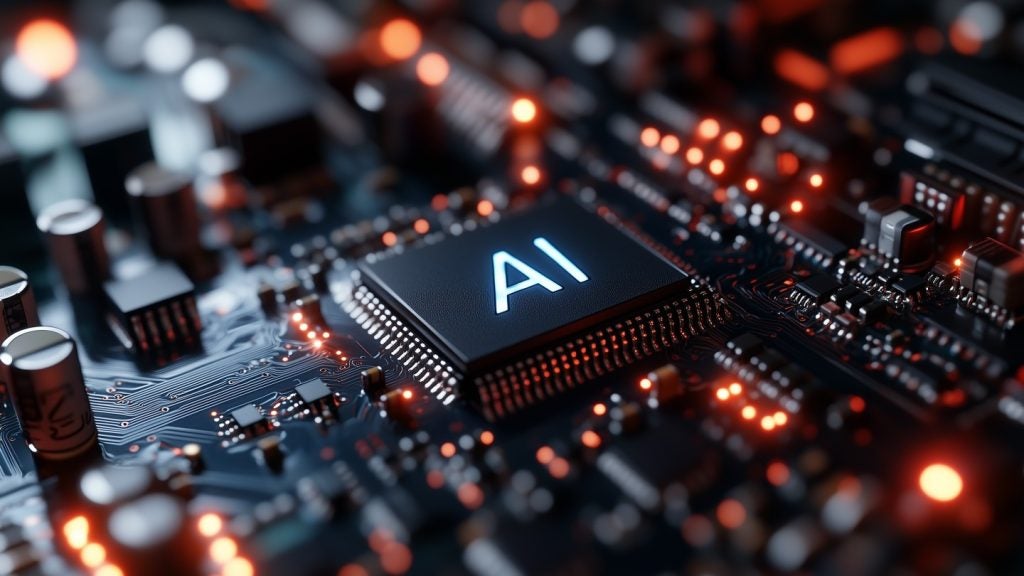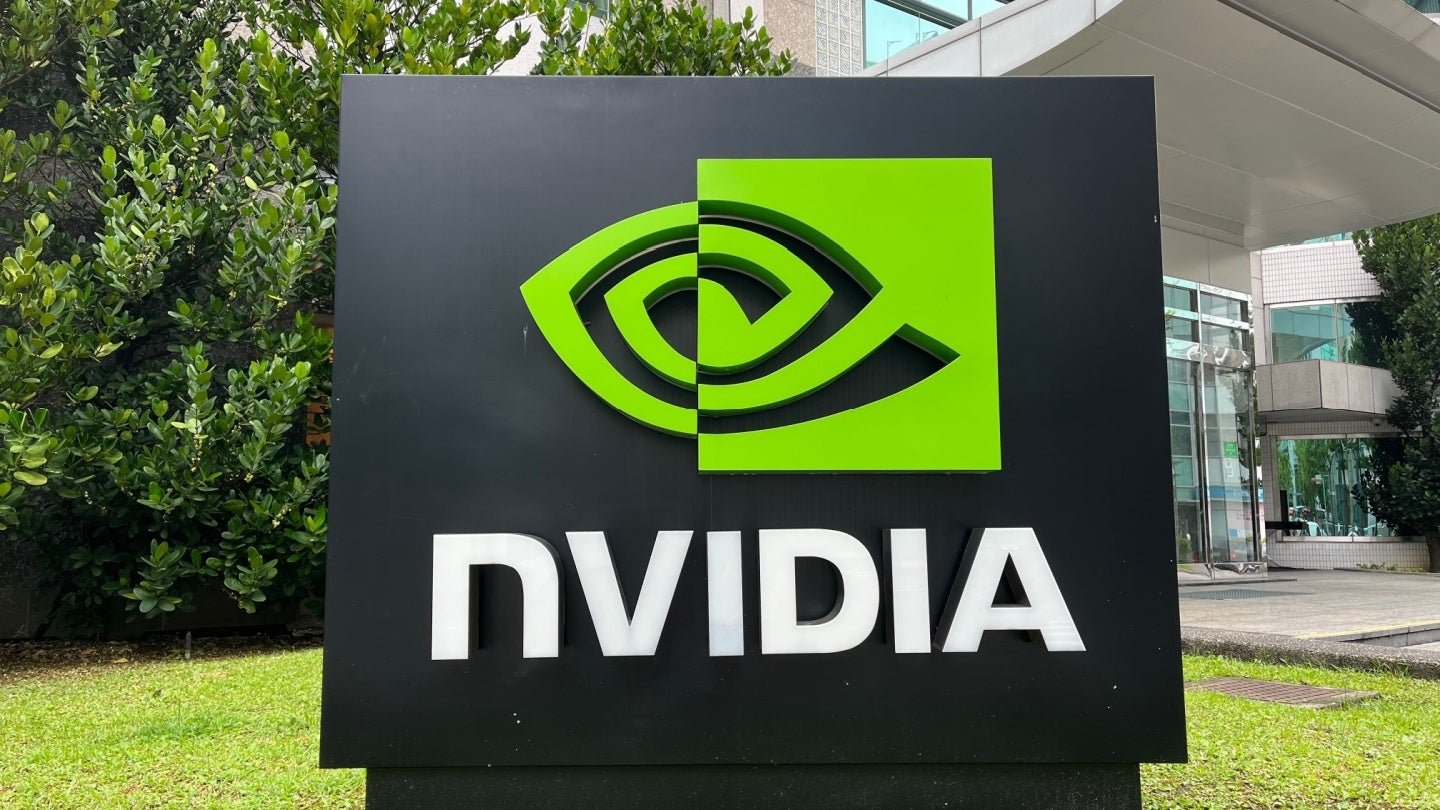
Nvidia has become the latest target of a copyright lawsuit alleging that its AI has been trained on copyrighted data.
The lawsuit was filed by three authors: Stewart O’Nan, Abdi Nazemian and Brian Keene. The authors allege that their work was used to train Nvidia’s conversational AI NeMo without their consent or knowledge.
Conversational AI platforms are able to replicate human-like text after ingesting large amounts of data that help the AI anticipate what word would come next in a sentence. A dataset of over 190,000 books was used to develop NeMo.
Generative AI has prompted multiple copyright lawsuits, beginning with various authors filing lawsuits against OpenAI in July 2023.
Research and analysis company GlobalData forecasts that generative AI will be at the forefront of businesses’ AI growth and adoption, with generative AI revenues expected to exceed $33bn worldwide by 2027.
Senior analyst at GlobalData Beatriz Valle stated that copyright would remain a contentious issue for generative AI technology until both the technology and legal fields learn to adapt.
“Disputes have arisen between artists and AI companies over the value of human creativity and the use of copyrighted material to train AI systems,” she stated, adding that court decisions would likely play a significant role in how generative AI is used by businesses in the future.
“I think this case is just the latest example in what will be a long string of cases until it becomes the norm to compensate authors and artists for their content,” she said.
Nvidia’s copyright case, among others, will mark an inflection point for the technology, according to Valle, and will change the way information is being provided.
“It is only fair for authors work and IP to be considered. This is an ongoing issue that will evolve in the next few years as the legal profession catches up with the realities of modern technology,” said Valle.



